Home Shop Butter, Flour, Honey Organic Cashew Flour
Organic and Fairtrade Cashew Flour
As the world gains awareness about Celiac Disease and other sources of gluten intolerance, an increasing number of flour alternatives have come on the market. Cashew flour not only allows for baking and thickening like traditional flour might, but adds the nutritional benefits of cashews that are not present in the typical bag of white all-purpose flour. Many people are nervous to try a flour substitute or don’t know where to start in choosing the appropriate one. If you are curious about cashew flour’s origins, benefits, or what you might use it for, keep reading. Your cabinets will be stocked with this cashew powder in no time!
The answer to this is deceptively simple: cashews. While most people probably can’t tell you what all-purpose flour is made of, or where it comes from, cashew flour is a simple, one-ingredient alternative. Not only does this mean it can be easily made at home, it means there is no processing or additives in the flour, making it a natural and healthy option in addition to being gluten-free.
If you want to make your own cashew flour at home, you can follow three simple steps to do so:
Once your flour is completed, store it in an airtight container in the freezer until it is needed.
If you want to skip these steps, you can also purchase ready-made cashew flour. Just make sure you check the ingredients to avoid preservatives and additives that may not be necessary.
For the most part, cashew flour can be used in any recipe that calls for traditional flour. In most recipes, you can directly substitute the cashew flour- meaning if a recipe calls for two cups of all-purpose flour, you can use two cups of cashew flour. As you begin to use the new flour, you may experiment with using slightly more or less to get the consistency you want.
Baking is a common way to use cashew flour, but it can also be used to do things like bread chicken or thicken sauces. The rich, creamy texture translates into dishes, so you may notice a slightly different taste than normal. Luckily, cashews are already a great addition to both sweet and savory dishes, so the flour only adds dimension, rather than an odd after taste.
Whether you are looking to make bread, cake, cookies, fried chicken, or soup, cashew flour can be used and adds benefits that traditional white flour would not.
Because it is made purely from cashews, cashew flour is full of all the nutritional benefits that cashew has to offer. When added to baked goods or meals, they benefit from the same benefits. As white flour is not known for being a healthy food, even if you can tolerate gluten, this makes some guilty pleasures much more acceptable to eat! The benefits listed below are just some of the reasons cashews are a great addition to your diet.
It is easier than ever to find flour alternatives, including cashew flour. However, in addition to looking out for ingredients, you also should be aware of where your cashew flour is sourced from. Many nut companies rely on underpaid, poorly treated workers to harvest cashews that are then exported to forced laborers overseas before being packaged and sent to your local grocery store.
When you buy cashew powder from Beyond the Nut, you are making a choice that is not only good for your body, but is also good for the world. Beyond the Nut provides jobs to people in Benin by keeping the entire process local, with workers fairly paid and treated. This empowers local workers and helps to boost the economy in Africa, without exporting cashews to other locations. Not only is our cashew flour gluten-free, but it is also vegan, GMO-free, fair trade, and ethically made.
Whether it is because of an intolerance or a choice, choosing to use a flour substitute can be one of the first steps to evaluating what you consume and making sure it is in line with your values. At Beyond the Nut, our cashew flour is made from high quality, ethically sourced cashews that align with your views.
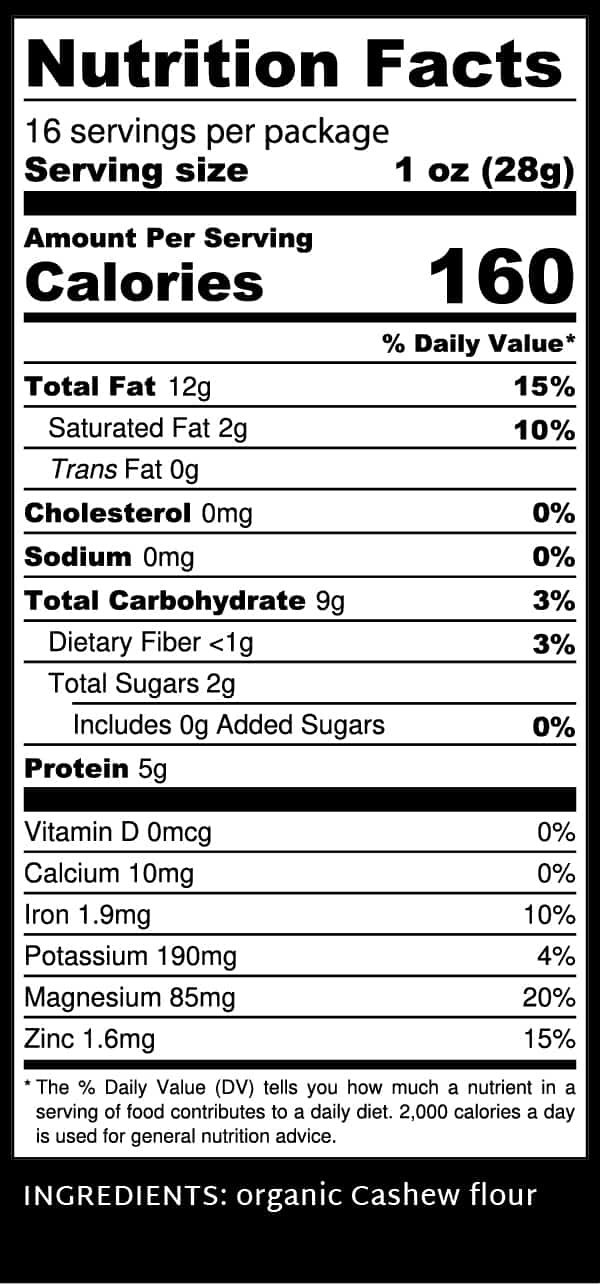
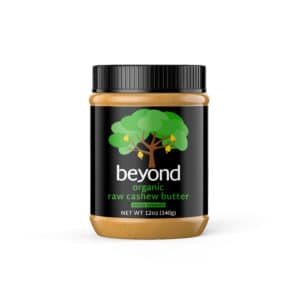
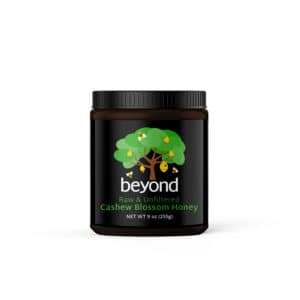
snack size
Sale!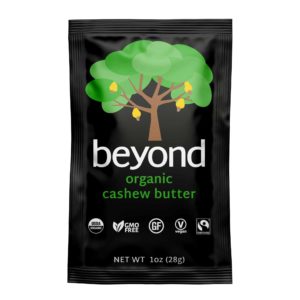
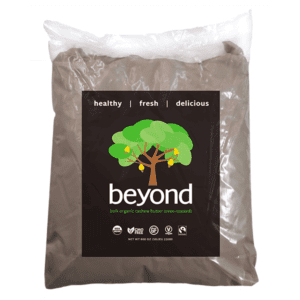
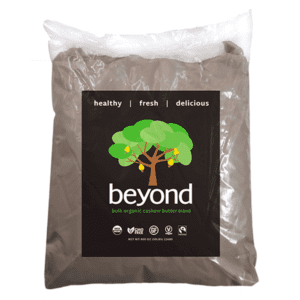
Free shipping on all U.S. orders over $25! Dismiss
4 reviews for Organic Cashew Flour
Korey Bowie –
My wife is an avid baker, always trying new recipes. She made the most amazing chocolate chip cookies with this cashew flour and they were over-the-top good! If you like baked goods with great nutty cashew flavor, but without the nutty texture, this is the flour for you!
Rebecca O. (verified owner) –
I am allergic to almond flour, so this cashew flour is the perfect replacement for my recipes. It is very fresh and high quality. I am thrilled that it is organic and beyond fair trade.
Reverse directory phone numbers –
Thank you for sharing your insights with the world. I truly appreciate visiting your website.
Rebecca O (verified owner) –
I was diagnosed with a nut allergy (peanuts and cashews are OK) a couple years ago and not being able to bake with almond flour has been terrible. Until I found this cashew flour! I can now happily bake my favorite recipes again. Plus, it feels good knowing that I’m supporting such a high quality and ethical product. This cashew flour is fresh, decadent, and substitutes well for almond flour. Thank you!